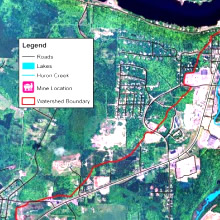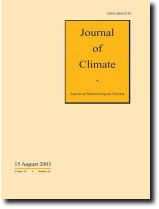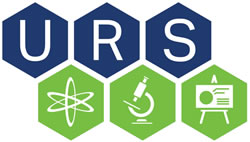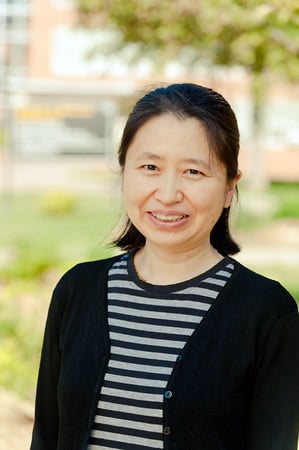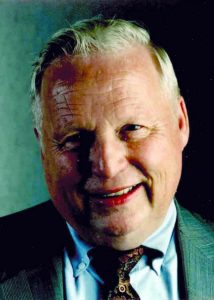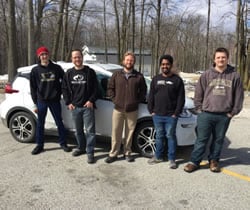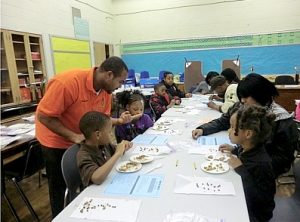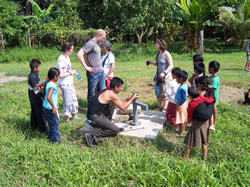 Engineers Without Borders at Michigan Tech will host its annual Band Benefit from 4 to 7 p.m. Sunday (April 8, 2018) in MUB Ballroom A. The Band Benefit raises funds for the organization’s current rural water improvement projects in Guatemala and Panama.
Engineers Without Borders at Michigan Tech will host its annual Band Benefit from 4 to 7 p.m. Sunday (April 8, 2018) in MUB Ballroom A. The Band Benefit raises funds for the organization’s current rural water improvement projects in Guatemala and Panama.
The lineup features Ben and the Bamboozlers, Momentum and the Naddy Daddies with sound provided by WMTU. Enjoy live music, dancing and prize drawings. There will be appetizers and a cash bar.
By Engineers Without Borders.
